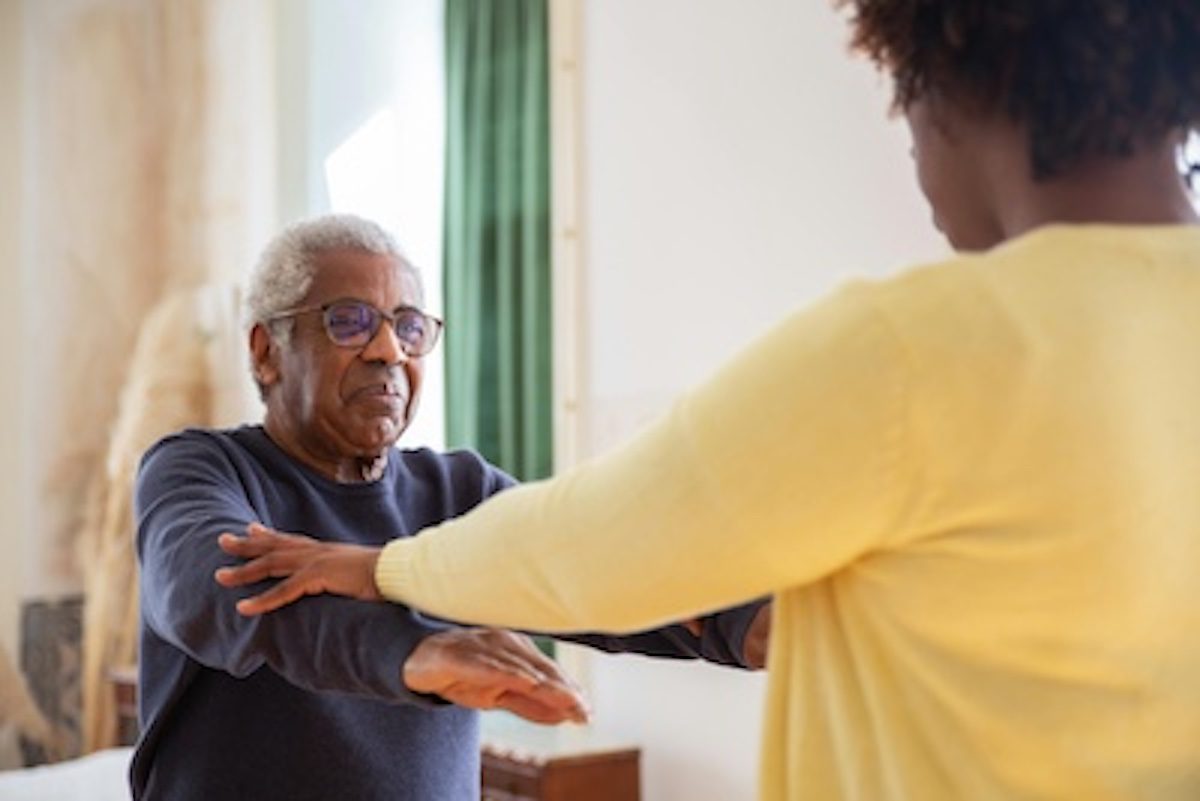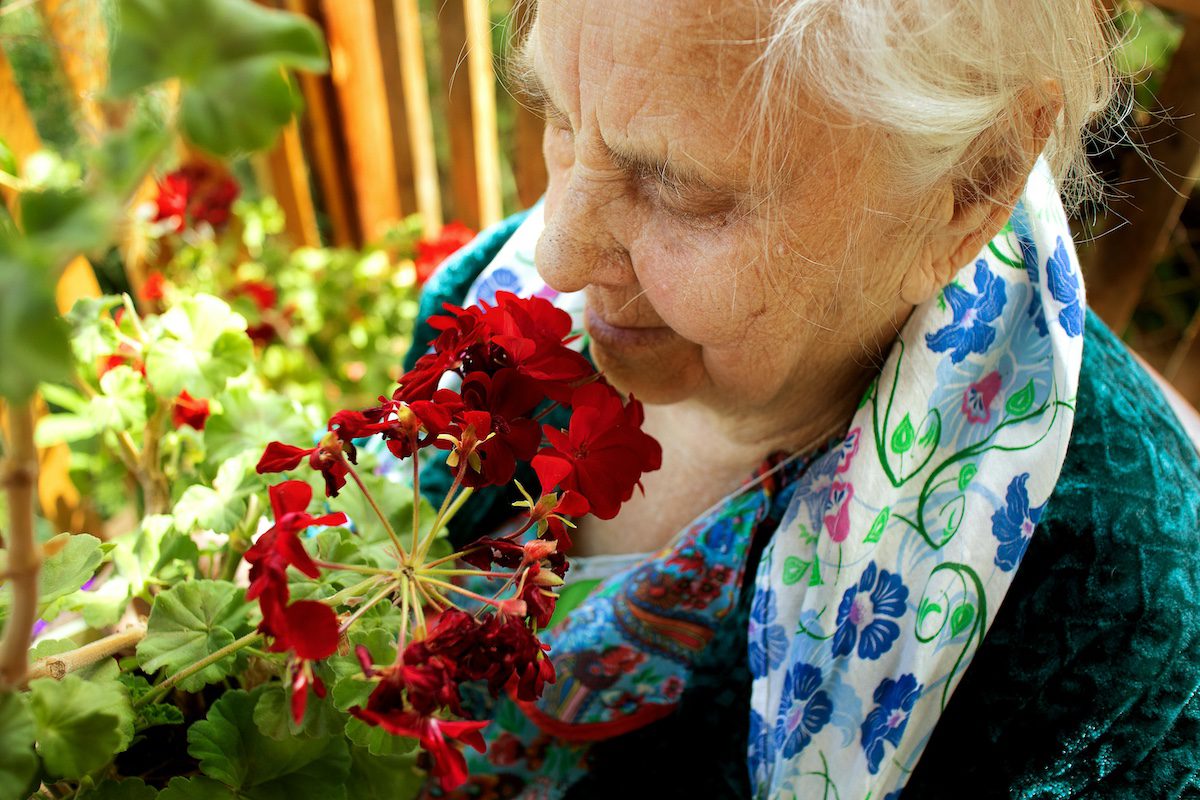Family gatherings – whether for holidays, birthdays, or reunions – are often filled with love, laughter, and togetherness. But for families with a loved one in hospice or nearing the end of life, these occasions can also bring complex emotions.
The joy of being together may be mixed with sadness, fear, or even guilt. This emotional mix is known as anticipatory grief, the grief we experience before a loss occurs.
Coping with anticipatory grief during family gatherings can feel overwhelming, but it can also create opportunities for meaningful connection, healing, and reflection. This guide explores how to navigate these emotions while honoring both your loved one and the precious time you have together.
Understanding Anticipatory Grief
Anticipatory grief is a natural, though often misunderstood, emotional response that arises when you know a loved one’s death is approaching. Unlike conventional grief that follows a loss, anticipatory grief begins before it happens.
You might experience sadness, anger, guilt, or even relief – all at once. You may find yourself mourning changes that have already occurred, such as your loved one’s declining health, loss of independence, or personality changes.
These feelings can intensify during family gatherings when the reality of what’s happening becomes more visible or emotionally charged.
Recognizing anticipatory grief for what it is, an expression of love and deep emotional connection, can help you process it more gently and with self-compassion.
Why Family Gatherings Can Be Especially Emotional
Family events are often tied to traditions, shared memories, and expectations of joy. When someone is nearing the end of life, these gatherings can highlight how much has changed. Seeing a loved one frail or in decline may make the coming loss feel more real.
Family members may cope in different ways – some focusing on celebration and positivity, while others withdraw or struggle with visible sadness. These emotional differences can sometimes lead to tension or misunderstandings.
Being mindful of this emotional landscape allows families to approach gatherings with empathy and flexibility. Instead of expecting “normal,” focus on intentional presence – spending time together in whatever way feels right.
1. Acknowledge and Accept Your Emotions
It’s common to want to hide grief during family events to avoid “bringing down the mood.” However, suppressing emotions often increases stress and emotional exhaustion. Give yourself permission to feel whatever comes up – sadness, frustration, love, or even moments of laughter.
Anticipatory grief doesn’t mean you shouldn’t enjoy family time. It means you’re human, feeling joy and sorrow simultaneously. By acknowledging your emotions, you make space for authentic connection and deeper healing.
2. Set Realistic Expectations
Family gatherings during difficult times rarely unfold perfectly. A loved one in hospice may be too tired to participate fully, or plans might need to change at the last minute. It’s important to adjust expectations and embrace flexibility.
Instead of focusing on elaborate celebrations or perfectly planned meals, prioritize togetherness. A quiet afternoon visit, a shared meal at home, or a brief video call may mean far more than a big event.
3. Communicate Openly with Family Members
Grief affects everyone differently. Some relatives may want to talk openly about your loved one’s condition, while others may avoid the topic out of discomfort or fear. Honest communication helps align expectations and prevents misunderstandings.
Before the gathering, consider having a family discussion about what your loved one wants and what everyone feels comfortable with. For example, if your loved one wants to share stories or express final wishes, discuss how to approach that together.
4. Focus on Creating Meaningful Moments
Anticipatory grief can shift your focus from fear of loss to appreciation of the time you still have. Family gatherings are an opportunity to create lasting memories that reflect love, gratitude, and connection.
Simple gestures often mean the most – holding hands, sharing old stories, listening to favorite music, or preparing a beloved meal together. Encourage children or grandchildren to participate by drawing pictures, reading stories, or simply being present.
Consider starting a new tradition, such as writing letters of appreciation or creating a memory book that includes everyone’s favorite moments with your loved one. These keepsakes can bring comfort long after the loss.
5. Take Breaks and Practice Self-Care
Being surrounded by family doesn’t mean you have to be “on” the entire time. Family gatherings can be emotionally draining, especially when anticipatory grief is involved.
If you start to feel overwhelmed, step outside for fresh air, find a quiet space to rest, or take a short walk. Allow yourself moments of solitude to recharge.
6. Support Children and Teens Through Grief
Children often sense when something is wrong, even if adults try to shield them. Family gatherings can stir confusion or sadness if they notice changes in their loved one.
Be honest, but age-appropriate. Explain that it’s okay to feel sad, and encourage them to express emotions through talking, drawing, or other activities. Involve them in small ways, such as helping with food or spending time with their grandparent, to help them feel included and valued.
Model emotional openness. When children see adults coping with grief in healthy ways, they learn resilience and empathy.
7. Include Your Loved One in the Celebration
If your loved one in hospice can participate, find ways to make them feel included without overexerting them.
You might:
- Bring the gathering to them instead of asking them to travel.
- Share a family meal at their bedside or in their favorite chair.
- Read aloud letters or stories from family members who couldn’t attend.
- Play their favorite songs or show a slideshow of cherished memories.
Even if they can’t communicate much, your presence and affection can bring comfort and peace. Sometimes, just sitting quietly together says more than words ever could.
8. Seek Support After the Gathering
Family gatherings can trigger intense emotions that linger afterward. It’s normal to feel drained, sad, or reflective once everyone goes home.
Talking with a grief counselor, hospice social worker, or support group can help you process those feelings and find healthy coping strategies. Many hospice organizations offer bereavement and anticipatory grief counseling – not just for patients, but for families as well.
Remember, grief doesn’t follow a schedule. Allow yourself the time and space to process it in your own way.
Final Thoughts: Finding Comfort in Connection
Coping with anticipatory grief during family gatherings can be deeply emotional, but it also opens doors to healing, love, and gratitude. By embracing your feelings, communicating openly, and focusing on meaningful moments, you can honor your loved one’s life while nurturing your own emotional well-being.
These gatherings, though bittersweet, remind us of what truly matters – connection, compassion, and the precious gift of time.




